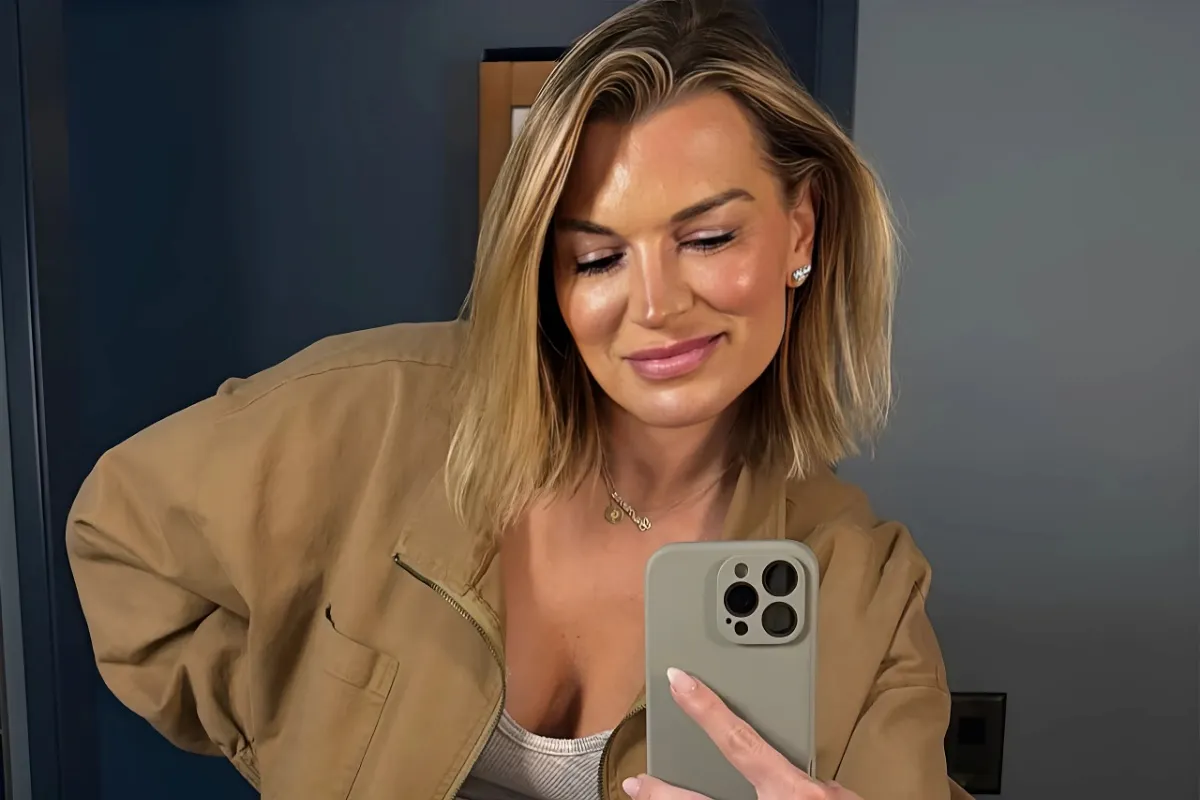Stacey Dooley has said she made a 'bleak realisation' while working on her latest show after hearing stories of women’s experiences with the courts and investigators.
The documentary maker is bringing out the new BBC programme, Rape On Trial, which covers the delays to court cases and waiting times for victims of alleged rape and sexual assault.
Speaking to The Radio Times, Stacey said: "If somebody raped me, I don’t think I would go to the police, which is so bleak and such a disappointing realisation … But in terms of what I’ve witnessed, I wouldn’t feel confident."
The TV presenter said "the bravery it takes" to report rape and sexual assault "is unbelievable" as "it’s one of the few crimes where your credibility is immediately brought into question".
There is a record-high crown court backlog in England and Wales, which has almost doubled in five years to 73,105 at the end of September last year.
The Victims’ Commissioner Baroness Newlove published a report earlier this month which found many victims of serious offences including rape, murder and robbery, are facing years-long waits for justice.
The report also said that victims are struggling to cope, with many unable to work or turning to drugs, alcohol and self-harm as they face the uncertainty.
Stacey also spoke about another one of her upcoming documentary shows, Meet The Shoplifters, where she meets people who steal and staff members dealing with the issue.
The Strictly Come Dancing winner admitted that she took items from shops when she was young, saying she "perhaps tried to justify it in some way" when she was a young teenager, but now does not understand how she could have behaved that way.
Chief Constable Sarah Crew, of the National Police Chiefs’ Council (NPCC), said the “effective investigation and prosecution of rape” is "one of the most important challenges facing the criminal justice system”.
She explained: “We are working hard in policing to improve our response to rape and sexual offences. All 43 police forces in England and Wales have signed up to Operation Soteria, a transformational approach to rape and sexual offences investigation.
"This has seen policing open its doors to scrutiny from independent academics to look at the way police investigate rape. We are facing this directly, transparently and uncompromisingly. This process is not easy, but it is vital. Delivering rape investigations differently is helping us to rebuild trust and confidence, and we are seeing a steep increase in arrests and charges.
"According to the crime survey of England and Wales, fewer than one in six victims of rape and assault by penetration report the crime to the police. We believe the work we are doing under Operation Soteria is starting to close this gap, enabling more victims to pursue justice and allowing policing to bring more offenders to justice.





